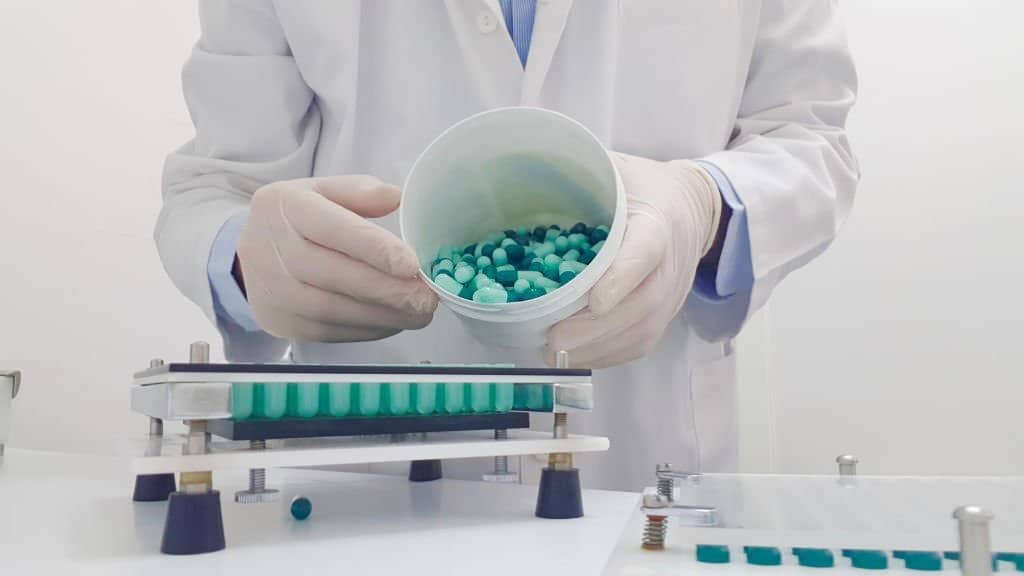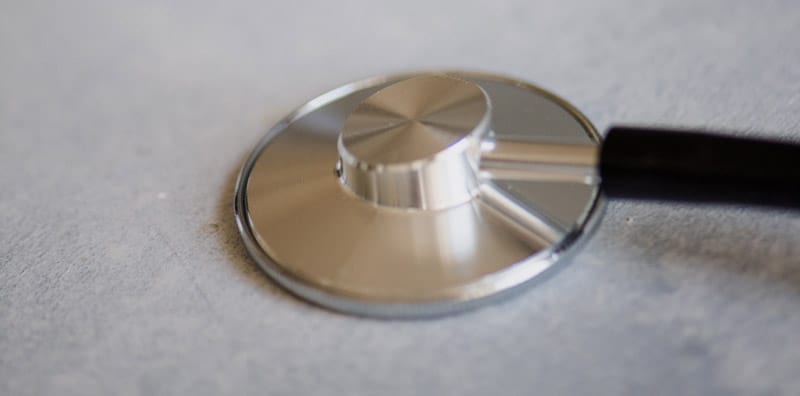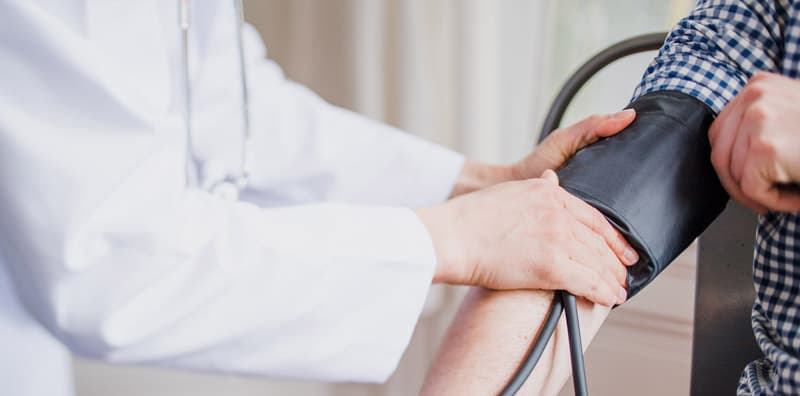Hormone Pellet Therapy
If you are experiencing unwanted physical and emotional symptoms due to hormonal imbalances, pellet therapy may be for you.
Hormones play an essential role in the human body. They regulate growth, moods, metabolism, and reproductive function, among many other bodily processes. When natural hormone levels become imbalanced, it can lead to a variety of health problems. A proactive approach in the early stages of hormonal decline is key to a happy and healthy life as you age.
What Are Hormone Pellets?
Hormone pellets are tiny cylinders made of compressed bioidentical estradiol (an estrogen) or testosterone. For decades, pellets have been an effective treatment to balance men’s and women’s hormone levels.
The pellets are the size of a grain of rice. During a simple procedure, they are inserted just beneath the skin, usually in the hip area. The pellets dissolve as our bodies absorb the hormones slowly over a period of three to six months. Pellets have been proven to be a more effective method of balancing hormones as they provide a constant stream of hormones into the blood avoiding spikes or drop-offs that one would encounter when taking oral hormones (pills or troches), creams, or a hormone patch. This method of hormone delivery is preferred over other methods because it more closely mimics the body’s natural hormone levels.
Not all pellets are created equal. Find out how to choose the right pellets for you.
How To Choose the Right Pellet
In choosing to balance your hormones with pellet therapy, it is essential to choose an experienced and knowledgeable pellet provider. With so many pellet providers now, how do you know which one is right for you? Dr. Kenton Bruice has been balancing his patients hormone levels since 1998. He is a board-certified OB/GYN surgeon who specializes in, & ONLY in, balancing women’s and men’s hormones. Balancing Hormones is the sole focus of our practice.
Health Benefits of Hormone Therapy
Balanced hormones contribute to better overall health, well being and quality of life for men and women. Hormones play a vital role in regulating mood, growth, metabolism, sexual health and reproductive function.
Balanced hormones can:
- Provide relief from menopausal symptoms such as hot flashes, night sweats, and vaginal dryness
- Improve sleep and energy levels
- Stabilize moods and improve cognitive function
- Reduce fatigue
- Increase sexual function
- Contribute to healthier skin and hair
- Improve mental clarity and memory
- Help with weight loss
- Increased bone density and muscle mass
What Is EPT?
Estrogen-progestin therapy (EPT) combines the hormone estrogen with the hormone progestin. Progestin is a synthetic hormone that mimics the effects of progesterone. Estrogen improves the symptoms of menopause but raises the risk of endometrial cancer. Adding a progestin to estrogen lowers the risk of endometrial cancer to near-normal levels. Synthetic progestins have been shown to increase the risk of breast cancer and cardiovascular disease.
There are many types of estrogen and progestins but it is safest to use bioidentical estradiol and progesterone.
The Benefits of a Healthy Lifestyle
Once you get your hormones balanced, it is essential to work toward a healthier lifestyle to lessen the impact of aging. A few simple lifestyle changes can make a big difference.
Exercise: Regular physical activity is key to reducing stress, maintaining your body weight goals, reducing the risk of disease, improving moods, boosting energy, improving sleep quality, and exercise also releases feel-good hormones like endorphins and serotonin.
Diet: A healthy diet rich in fruits, vegetables, protein, nuts, beans, and whole grains helps to reduce the risk of disease, promotes healthy skin, eyes, bones, teeth, and muscles, and boosts immunity. Avoid processed foods, sugary drinks, and alcohol which can cause inflammation.
Sleep: Getting enough sleep is crucial for overall health and well-being. When you don’t get enough sleep, your body produces more of the stress hormone cortisol.
Manage stress: Stress can wreak havoc on your hormones. Try to find ways to relax and de-stress, such as yoga, meditation, or spending time in nature. Reducing stress will result in healthy cortisol levels.
Risks of Pellet Therapy
As with any medical treatment, there can be risks associated with pellet hormone therapy. Uncommon risks are pellet expulsion, localized infection, and scar tissue. Risks of too much estradiol are breast tenderness, bloating, and uterine bleeding. Risks of too much testosterone are acne, facial hair, hair loss and irritability.
Given that the pellets cannot be removed and that we all absorb hormones at different rates, Dr. Bruice prefers to begin patients new to pellet therapy on a conservative dose which provides the option to insert an additional pellet for a higher dose at a later date if desired. There are fewer risks and side effects under the care of Dr. Bruice.
At your consultation, Dr. Bruice will discuss any questions or concerns you may have about pellet therapy. He will also review your medical history to make sure pellet therapy is right for you. Choosing a experienced, qualified medical doctor will lower your risk of developing side effects.
Your Hormone Doctor in Denver
Kenton Bruice, M.D. is a board-certified medical doctor and hormone specialist who devotes 100% of his practice to balancing hormones with bioidentical hormones. Since 1998, Dr. Bruice has helped countless men and women find relief from their unwanted physical and emotional symptoms due to falling hormone levels
If you are looking for hormone replacement therapy in Denver and Aspen, or hormone pellets in Denver, call (303) 957-6686 to or complete the online inquiry form to schedule an appointment with Dr. Bruice, the best hormone doctor in Colorado!
Dr. Bruice takes a personalized approach with each patient to improve their health and their quality of life.

FAQs
When can I exercise after hormone pellet insertion?
Most providers prevent patients from continuing their daily exercise for 72 hours after pellet insertion. Because Dr. Bruice is a board-certified OB/GYN surgeon, the pellet insertion is less invasive so his patients may continue all physical activities as usual the following day.
How do I know if my hormone pellet came out?
The risk of the pellet expelling is less than 1%. But if you think your pellet has come out, call the office, and Dr. Bruice will see you as soon as possible to replace the pellet at no additional cost.
How long does it take for hormone pellets to dissolve?
Hormone pellets usually dissolve in 4 months. Depending on your hormone levels, you may need to have pellets inserted every 3-6 months.
Can you swim after hormone pellet insertion?
Yes, you can swim after pellet insertion. But it is advised to wait 72 hours before using a hot tub. You may shower, but do not scrub the insertion site.
Where are hormone pellets inserted?
The pellets are inserted near the hip.
Are hormone pellets covered by health insurance?
Hormone pellet therapy is not typically covered by insurance. We can provide you with a Health Insurance Claim Form (HICF) to submit to your health insurance carrier for reimbursement or to apply to your out-of-network deductible.



